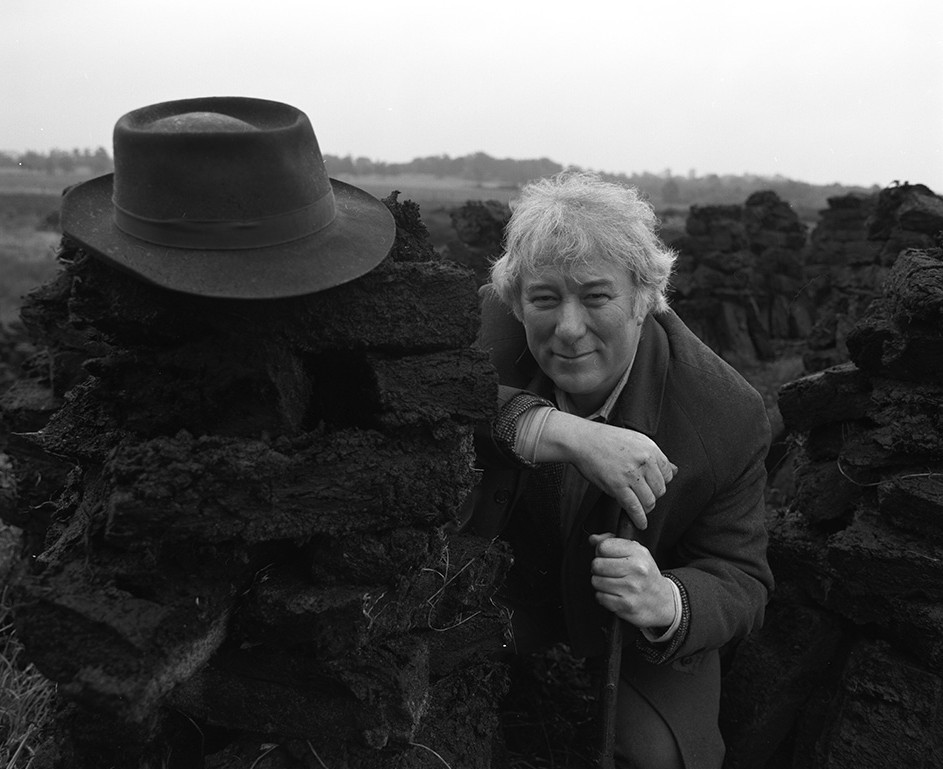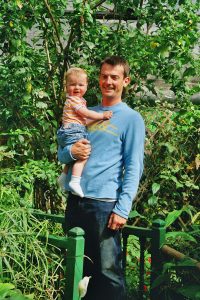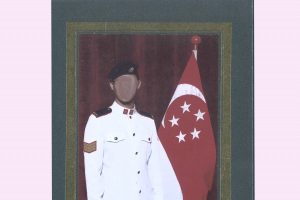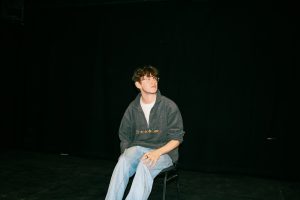
“An audience gets in the way of writing for yourself”: An Interview With Seamus Heaney (1985)
by Peter Snowden | March 24, 2015
Arriving with Seamus Heaney at his Dublin house, we bumped into a young man who had called hoping he might be able to speak to the poet. He was on his way home, having been ably deflected by a twelve-year-old daughter. Her father laughed: ‘You won’t have got much out of her!’
The Heaney children are adept at protecting their father. Even though he now only teaches one semester a year at Harvard, time is still precious. ‘You’re tempted to take on tasks to fill the spaces. But I’ve a great capacity for indolence.’ And the greatest problem isn’t a lack of time, ‘it’s finding something to write when you have time.’
Not that this would seem to be a problem either right now: two substantial new volumes appeared from Faber in October, and last month the Gallery Press in Dublin brought out a pamphlet called Hailstones containing more recent work. Nor is selling them proving difficult. By Christmas 30,000 copies of Station Island had gone in Britain alone. (As a standard to measure this against, you are generally reckoned to have ‘arrived’ in the poetry world when your regular print run reaches 900.)
Of course, an audience like this is not an unmixed blessing: ‘You write in order to bring off a poem, for the first satisfaction of feeling you’ve achieved something worthwhile. An audience, if it becomes too forceful, gets in the way of writing for yourself.’
Heaney felt this particularly over the ‘Bog Poems’ which appeared in his collection North (1975), so-called because based on what he had read about the bodies of men and women found preserved in the bogs of Jutland, naked, strangled or with their throats cut, having lain under the peat since the early Iron Age. ‘I thought they would elicit a lot of resistance, because the basis of the imagery was quite obsessively narrow. I was writing the poems because they were giving me a delight and satisfaction and reprieve of some worth within myself. And I was ready to take whatever came. I think I can honestly say I didn’t care, because I trusted them. Then when they came out they were welcomed on the whole, the bog imagery was praised, an suddenly felt: “I can’t touch this again”, I can’t write another bog poem almost, because after the book came out it became the possession of others, and you became self-conscious.’
In his next book, Field Work (1979), the need not to ‘repeat expectations’ led not just to the discarding of a certain set of images but to a shift in the whole style. ‘I changed to a much more open, more personal voice, that is trying to be closer to the social being that I am.’ Each step in his career seems to take on a moral importance and to become what admires in a poet who has influenced him deeply, Patrick Kavanagh: ‘A salutary refusal of certain kinds of achievement that he had won for himself.’
Of his early work, he says: ‘I was writing poems whose pleasure was in their lyric selves and in their language. I wished to relish the phonetic substance of language. Whereas, when I was writing the sequence “Station Island”, I was in some way stubbornly refusing that pleasure and consolation.’
But Heaney’s work has a unity beyond any stylistic changes, a continuity of concern: concern for for the matter of Ireland, and for the land itself on which he grew up. Certain luminous episodes recur from volume to volume: a kaleidoscope dropped in a muddy pool as a child; a tramp who used to sleep in a ditch near his father’s farm. ‘I think that often the inspiration for work can be other work that has been done, that you come from a different angle, and grow through changing.’
Continuity is ensured too by ‘the little personal habits you establish for yourself, the way you go about a poem’, and by the need to keep calling into question every insight and remission that seemed to have been won.
All these similarities and contradictions are to be found in Station Island, the first collection to be published since Field Work. It is divided into three sections. ‘The first poems were written more piecemeal, and they often frankly take pleasure in themselves as sound.’ The sequences from which the book takes its name is a long exploration of the poet’s responsibilities to himself, to literature, and to a troubled society, set as a pilgrimage to the holy island in Lough Derg where the ritual of fasting and praying conjures up a series of ghosts (friends and writers) to chide and advise him. Dante filtered through Eliot. ‘It was the first time I turned my face towards the actual Catholic deposit in myself. The poem is not particularly religious, but the site does a good bit of the work. It says: this is the place of meditation, of self-examination, of penitential retreat, so your personal venture adheres to generally accepted forms of thought. It’s a much more naked thing than anything I’ve done before.’
The final poems, the ‘Sweenys’, so named for the mad bird king whose story Heaney has translated from medieval Irish, and whose persona they are spoken, are different again: ‘They were written very swiftly and without any premeditation in about just three weeks. I couldn’t say what I was trying to do—just pouncing on various subjects.’
But the Sweenys are ‘perhaps just a little eddy of some sort.’ And as for what next? – ‘I don’t know at all.’ The work continues.




